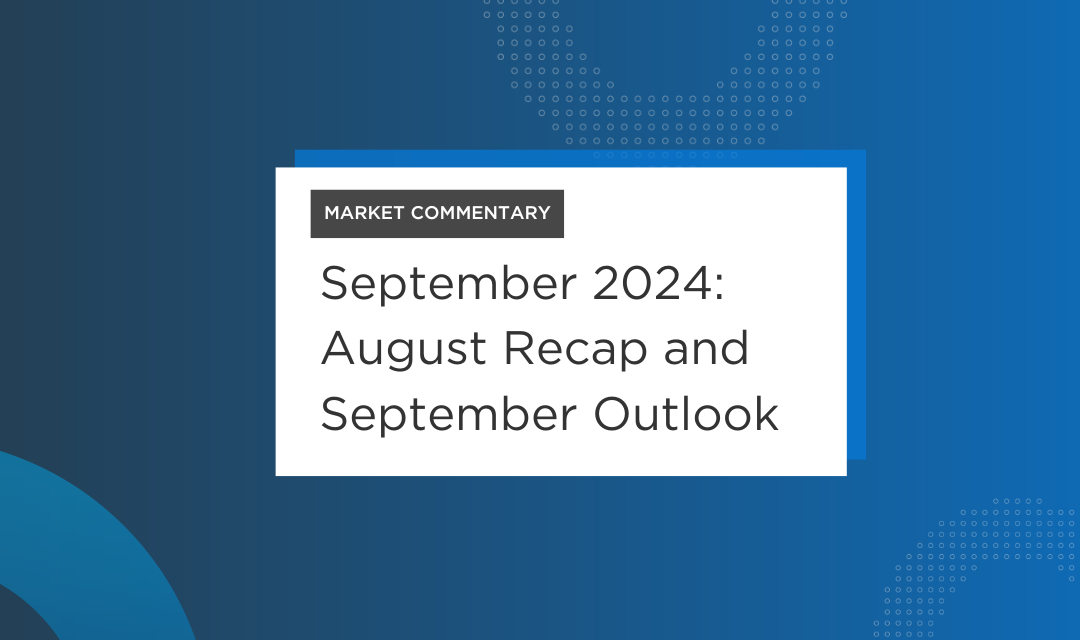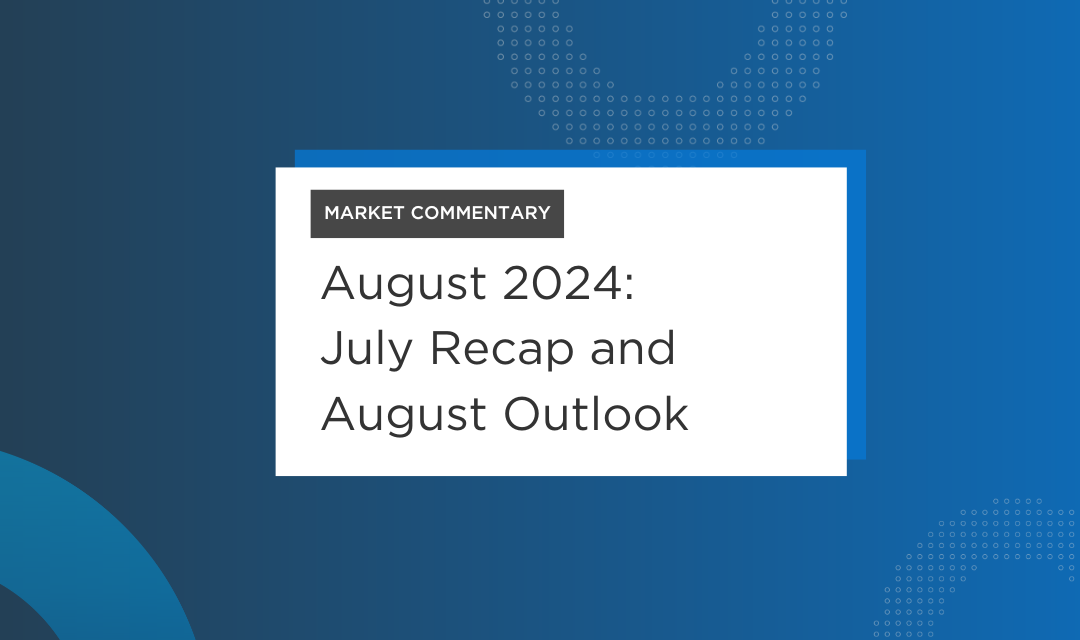Opening a savings account is typically a great idea. Money in a savings account can be used for an emergency, a large purchase, a down payment, unexpected expenses, or even a rainy day.
Savings accounts are different from checking accounts because the purpose is to save, not regularly spend, the money held inside. The more money in a savings account and the longer it is there, the more that the money grows, thanks to interest.
There are some decisions to make once you decide to open a savings account. You’ll need to decide how much to put into your account to get started. You’ll also need to decide if you want to open a high-interest account.
What is a High-Interest Bank Account?
A high-interest bank account, also known as a high-yield account, is a type of savings account where deposits earn an interest rate that is above the average rate. On average, savings accounts pay about .40%, while some credit unions and banks have an even smaller rate.
With a high-interest bank account, the savings account earns a great deal more. In fact, high-interest accounts can earn 10 times or more in interest than a traditional savings account.
High-interest bank accounts tend to have an annual percentage yield that is much higher than other savings accounts. High-interest accounts work similarly to those traditional accounts and are set up to receive frequent deposits and allow for withdrawals, although some may have limits on how much can be withdrawn each month. They are long-term savings accounts and are set up with the understanding that the owner will keep the majority of their money in place, letting it grow through interest. These accounts are typically protected up to $250,000.
The most common banks to offer high-interest savings accounts are online banks. These banks operate solely online, without a physical location or staff. This model of bank has reduced costs that enable them to provide a handful of advantages to their customers, such as a higher rate, waived fees, and no deposit minimums.
Many people choose to open a high-interest savings account because of the multiple benefits. With these accounts, interest is compounded at a much higher rate, making it much easier and more likely that the customer’s money will grow quickly. The higher interest rates also protect the customer from issues due to inflation. With the higher rate of return, any impact from inflation will be minimal.
How Do You Open a High-Interest Bank Account?
With the possibility of accruing a great deal of money in a high-interest bank account, many people are wondering how to find a bank and open their own savings account. A high-interest savings account may seem like an exciting possibility. The opportunity to build more savings, at a much faster rate, can make getting a high-yield savings account a priority.
If you’re looking to open a high-interest bank account, there are a handful of things you need to keep in mind.
Find the Top Rates
When you open a high-interest account, you’ll want to make sure you find the highest rates. The higher your rate is, the faster your savings will accrue. Keep in mind that APY looks at compounding frequency in conjunction with interest, so it will help you see your real return.
Understand Fees
It’s important to know and understand the fees for high-interest savings accounts from the financial institution of your choice. Whatever fees you will owe, including service fees and withdrawal limit fees, will reduce your money’s ability to grow. Keep these in mind as you choose where to open your high-yield account.
Consider Deposit Requirements
When you open your savings account, there may be deposit requirements such as a minimum amount for opening. You’ll need to find a financial institution that fits your custom needs, including how much, if anything, you can deposit right away.
Choose the Right Financial Institution
Everything listed above should be taken into consideration when choosing the right financial institution for your high-interest bank account. It’s important to find the one that meets all of your needs in order to get the most out of it. Start by making a list of online banks and credit unions that offer high-yield accounts. Check out each one’s eligibility requirements to ensure that you will make the cut. You’ll also want to make sure that all of your custom needs or preferences will be met with the institutions on your list. Cross off banks that don’t meet your needs and narrow down until you find the best option for your high-interest savings account.
Apply for a High-Interest Account
After you choose the online bank or credit union that you want to use for your high-interest account, you’ll need to fill out the financial institution’s application. This can typically be done online and won’t take long.
During the application, you will need to provide a handful of information such as your name, address, phone number, Social Security Number, and more. You may also need to provide driver’s license information or some other sort of government-issued photo ID. There will also be a handful of questions asked to verify your identity.
If you are opening your account with another person, they will need to provide the same information on the application.
Make Your Initial Deposit
Depending on your chosen financial institution, you’ll either need to make a deposit immediately in order to open your account or you will be able to open the account and transfer funds later. The most common way to make your initial deposit into your high-interest account is by transferring funds from another bank. However, you can also deposit a paper check, a mobile check, or use a credit card.
Set Up Online Banking
The easiest way to manage your savings account is by enrolling in online banking. Once your application is complete and you have your account information, you’ll be able to sign up for the financial institution’s online banking system. If the bank has an app available, you’ll want to download it and log in with a username and password, as well as your online banking information.
Consider Adding Beneficiaries
Your savings account will need one or more designated beneficiaries. These are the people who will receive your funds if something happens to you. Some institutions will have you choose your beneficiaries when filling out the application, while others will have you log in and choose later.
Link Accounts
In order to transfer funds with ease, you’ll want to make sure and link any other bank accounts to your new high-interest savings account. This will make it simple for you to make your initial deposit as well as send money to your savings account whenever you choose.
Conclusion
A high-interest bank account is a great idea if you’re ready to open a savings account. While there are some differences to consider between high-interest and traditional accounts, many people will find high-yield to be the best option. These accounts give users the opportunity to grow their money more rapidly than with a regular savings account.
If you’re going to open a high-interest bank account, make sure to do some research on the various financial institutions ahead of time. Find the best bank for your money, open the account, and start saving!
SOURCES
https://www.investopedia.com/how-to-open-a-high-yield-savings-account-4770631
https://www.businessinsider.com/personal-finance/how-to-open-high-yield-savings-account-online-save-money
https://www.chase.com/personal/banking/education/basics/high-yield-savings-account
DISCLOSURES
Investment advisory services offered through TCG Advisors, an SEC registered investment advisor. Insurance Services offered through HUB International. Tax services offered through RPW Solutions. Although the information in this blog has been compiled from data considered to be reliable, the information is unaudited and is not independently verified.
Tax services offered through RPW Solutions. TCG Advisors does not provide tax, legal or accounting advice. This presentation was prepared for information purposes only, and is not intended to provide, and should not be relied on for, tax, legal or accounting advice. You should consult your own tax, legal and accounting advisor before engaging in any transaction.
This website is not authorized for use as an offer of sale or a solicitation of an offer to purchase investments. This website is for informational purposes only and does not constitute an offer to sell, a solicitation to buy, or a recommendation for any security, or as an offer to provide advisory or other services in any jurisdiction in which such offer, solicitation, purchase or sale would be unlawful under the securities laws of such jurisdiction. TCG.104.2023



